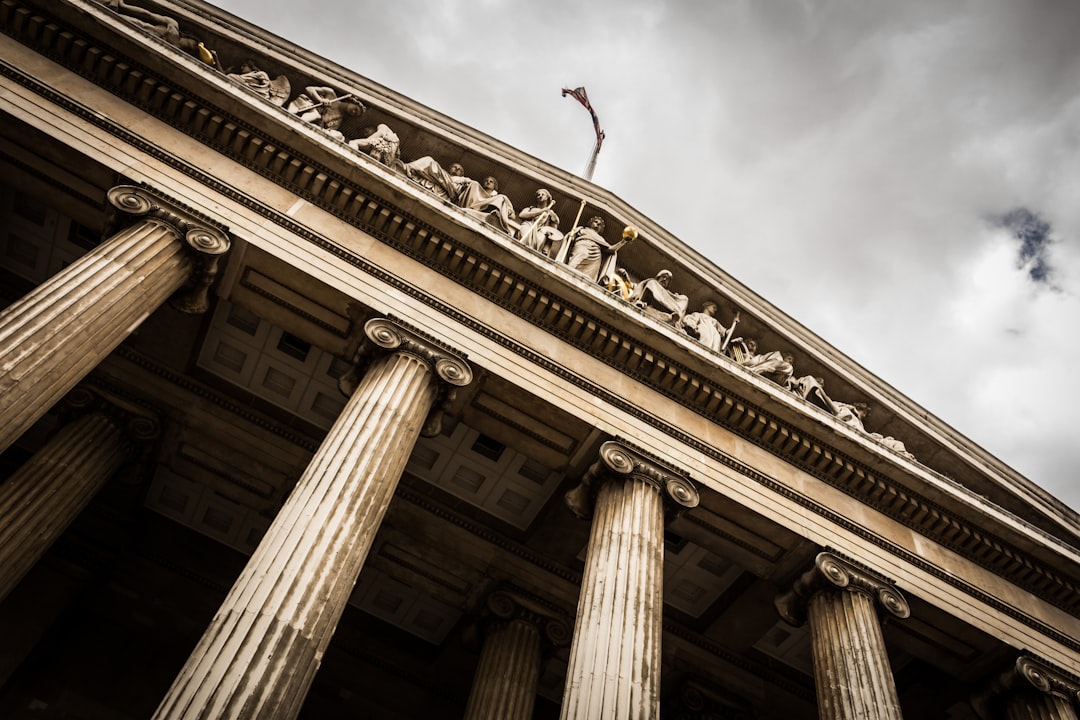Facial recognition technology is transforming the fight against sexual abuse in Philadelphia, PA, by swiftly identifying suspects through database cross-referencing of surveillance footage and digital media. This powerful tool streamlines investigations for local sexual abuse law firms, bolstering evidence and conviction rates while offering justice and closure to survivors. However, concerns about accuracy, privacy, and bias necessitate careful navigation by legal professionals to ensure fairness and maintain public trust in the system. With proven success nationwide, facial recognition is poised to revolutionize how sexual abuse cases are handled in Philadelphia, enhancing community safety through advanced technology applications.
“Unveiling the power of technology in the pursuit of justice, this article explores how facial recognition technology is transforming sexual abuse cases in Philadelphia. With its ability to identify and match faces against vast databases, it offers a new front in crime-fighting. We delve into the practical applications, from identifying assailants to providing closure for victims, especially in heinous sexual abuse cases.
Furthermore, we examine legal and ethical considerations, including privacy rights, as Philadelphia’s legal landscape evolves with this cutting-edge tool, shaping the future of sexual abuse law.”
Understanding Facial Recognition Technology and its Applications in Criminal Investigations
Facial recognition technology, a powerful tool in criminal investigations, has been making waves in the legal landscape, including sexual abuse cases in Philadelphia, PA. This innovative system utilizes advanced algorithms to analyze and match facial features from digital images or videos against databases of known individuals, aiding law enforcement in identifying suspects, victims, and witnesses with unprecedented accuracy. With its ability to process vast amounts of data quickly, it has become an invaluable asset for sexual abuse law firms in Philadelphia, enabling them to investigate and prosecute cases more efficiently and effectively.
The applications are diverse: from identifying unknown assailants through surveillance footage, to verifying the identity of child victims too young to provide accurate statements, and even assisting in tracking down missing persons. In the context of sexual abuse, this technology can help establish a definitive link between an accused and the crime scene, providing strong evidence in court. As such, it represents a significant advancement in the fight against sexual crimes, offering both hope for justice and a more secure future for victims.
The Role of Facial Recognition in Solving Sexual Abuse Cases
Facial recognition technology is transforming the way sexual abuse cases are investigated and solved in Philadelphia, PA. This powerful tool can match digital images or video frames to a person’s facial features, providing crucial evidence in criminal proceedings. For sexual abuse victims, this means increased chances of finding justice as law enforcement agencies can now identify suspects more accurately and efficiently.
A sexual abuse law firm in Philadelphia PA can leverage facial recognition to cross-reference known suspects with surveillance footage or social media images, helping them build stronger cases. This technology has proven particularly effective in identifying perpetrators who may have used masks or fake identities to evade traditional detection methods. By unearthing hidden truths and connecting suspected abusers to victims, facial recognition is a game-changer in the pursuit of justice for sexual abuse survivors.
Legal Considerations and Ethical Implications in Using Facial Recognition for Sex Crimes
The deployment of facial recognition technology in sexual abuse cases presents a complex interplay of legal considerations and ethical dilemmas for a sexual abuse law firm in Philadelphia, PA. While it offers potential benefits in identifying perpetrators and bringing justice to victims, there are significant concerns regarding its accuracy, privacy invasion, and potential bias. The technology’s effectiveness relies on robust datasets that accurately represent diverse populations, as errors or biases could lead to wrongful accusations or missed connections.
Moreover, the use of facial recognition raises ethical questions about consent, surveillance, and data protection. In Philadelphia, where civil liberties are a cornerstone of the legal system, balancing the need for justice with individual privacy rights is crucial. Legal experts must navigate these complex issues, ensuring that any application of this technology adheres to strict protocols, respects constitutional rights, and aligns with existing sexual abuse laws to uphold fairness and accuracy in the criminal justice process.
Success Stories and Future Prospects: How Facial Recognition is Changing the Landscape of Sexual Abuse Law in Philadelphia, PA
In recent years, facial recognition technology has emerged as a powerful ally in the fight against sexual abuse and exploitation in Philadelphia, PA. Success stories across the country demonstrate its effectiveness in identifying perpetrators and providing justice to survivors. This cutting-edge tool enables sexual abuse law firms in Philadelphia PA to navigate complex cases with enhanced accuracy and efficiency. By comparing digital images of suspects to vast databases, facial recognition software can quickly match individuals to crime scenes or victims, significantly speeding up investigations.
Looking ahead, the future prospects for this technology in sexual abuse law are promising. As Philadelphia’s legal community continues to embrace innovation, facial recognition is poised to revolutionize how these cases are handled. It promises to improve conviction rates, offer more closure to survivors, and disrupt networks of sexual predators. With ongoing advancements, Philadelphia PA’s sexual abuse law firms can expect even greater capabilities in identifying and prosecuting offenders, ultimately contributing to a safer community for all.




